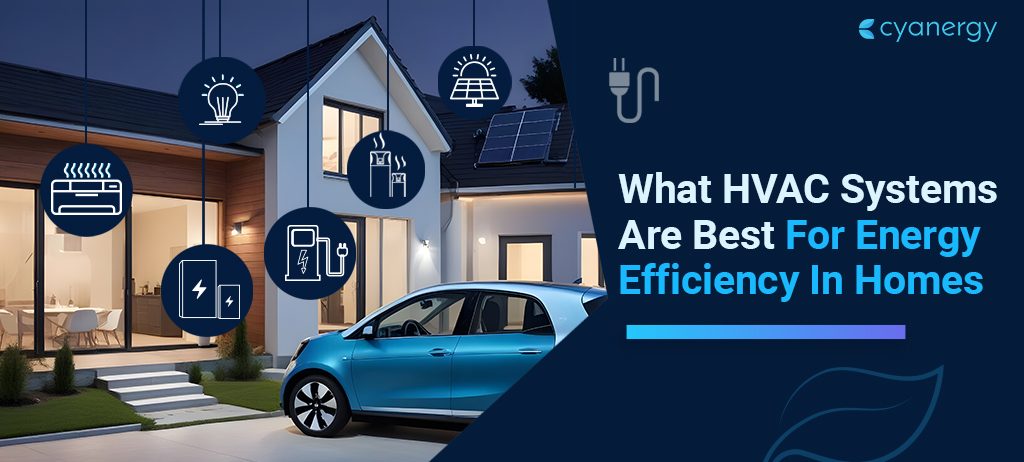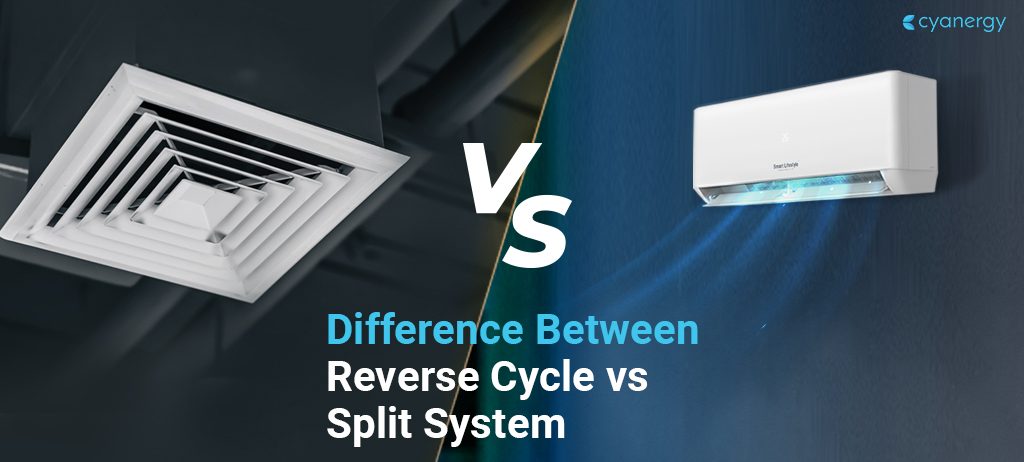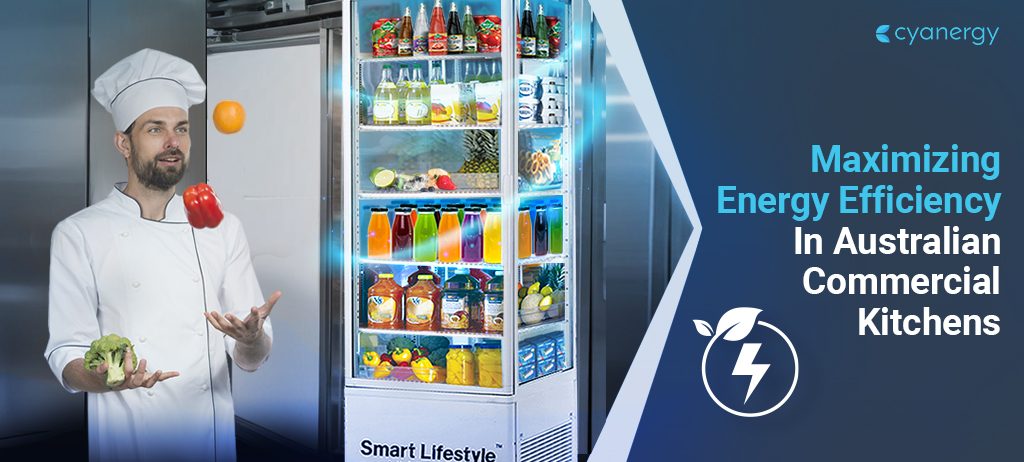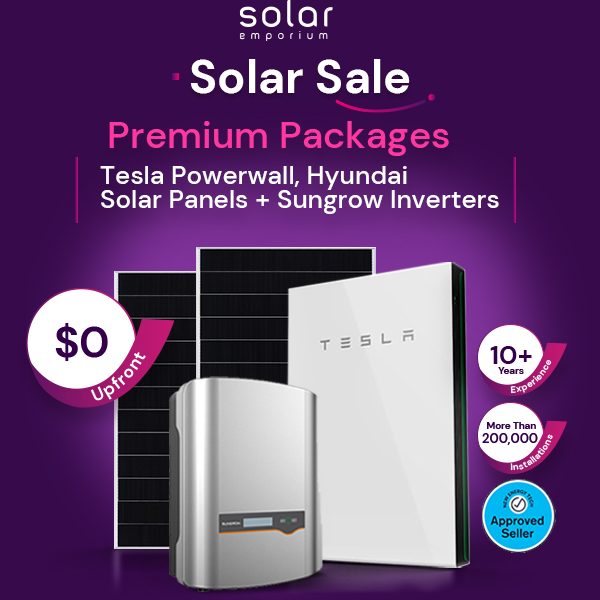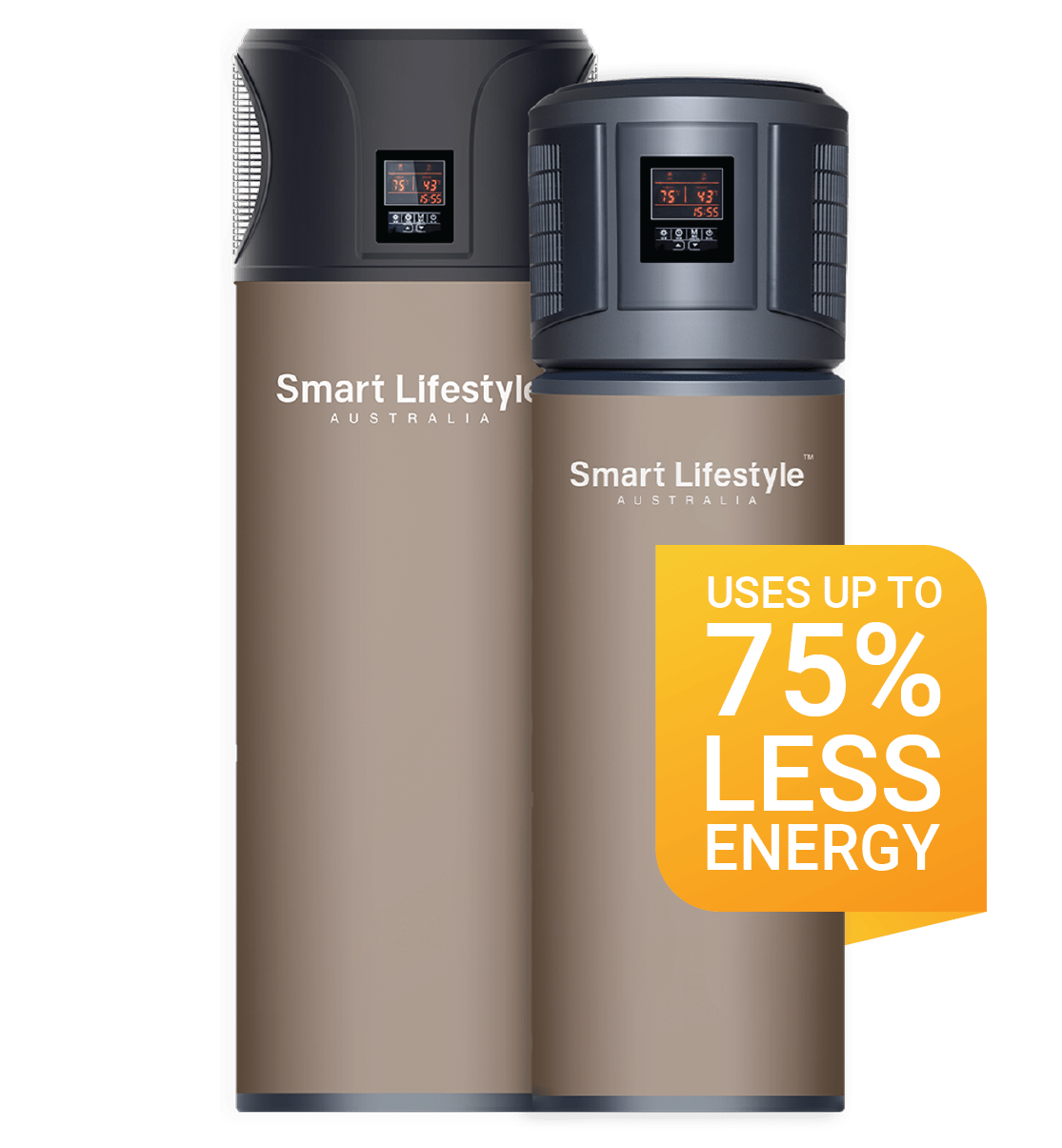Solar panel efficiency is a measure of how well a solar panel can convert sunlight into electricity. Usually expressed as a percentage, it can range from 6.8% for old technology to 22.8% for more modern, high-efficiency panels. There are several factors that determine the efficiency of a solar panel, including the type of material used, the design of the panel, and the manufacturing process.
Nonetheless, what is good solar panel efficiency, and how do you get the best solar panels for your business? That the highest number will mean the most efficient panel, and seemingly that looks like the best option. However, it might not make the best monetary or managerial sense for you.
Factors That Affect Solar Panel Efficiency
The efficiency of a solar panel can also be impacted by how it is made. A solar panel that is made with high-quality components and cutting-edge methods will be more effective than one that is made with inferior components or less sophisticated methods. Most solar panels used at the moment around the globe are mostly made of silicon, but the difference is in the way it is laid out. There are two types of silicone-made solar panels mainly, which are –
- Monocrystalline solar panels– Made from solid silicon ingots
- Polycrystalline solar panels – Made from small crystals of silicon
However, it is important to note that while efficiency is an important factor, it is not the only factor to consider. Other important factors to consider are the cost of the panel, the warranty, and the overall quality of the panel.
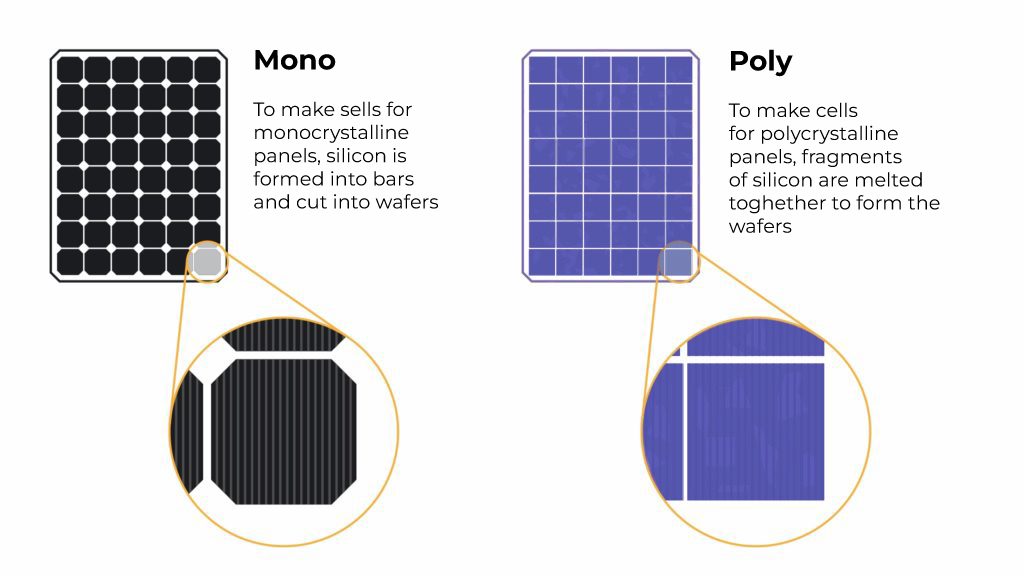
Recent Developments in Solar Panel Technology
How To Increase Solar Panel Efficiency
Concentrators
Doping
Anti-reflection Coating
Light Trapping
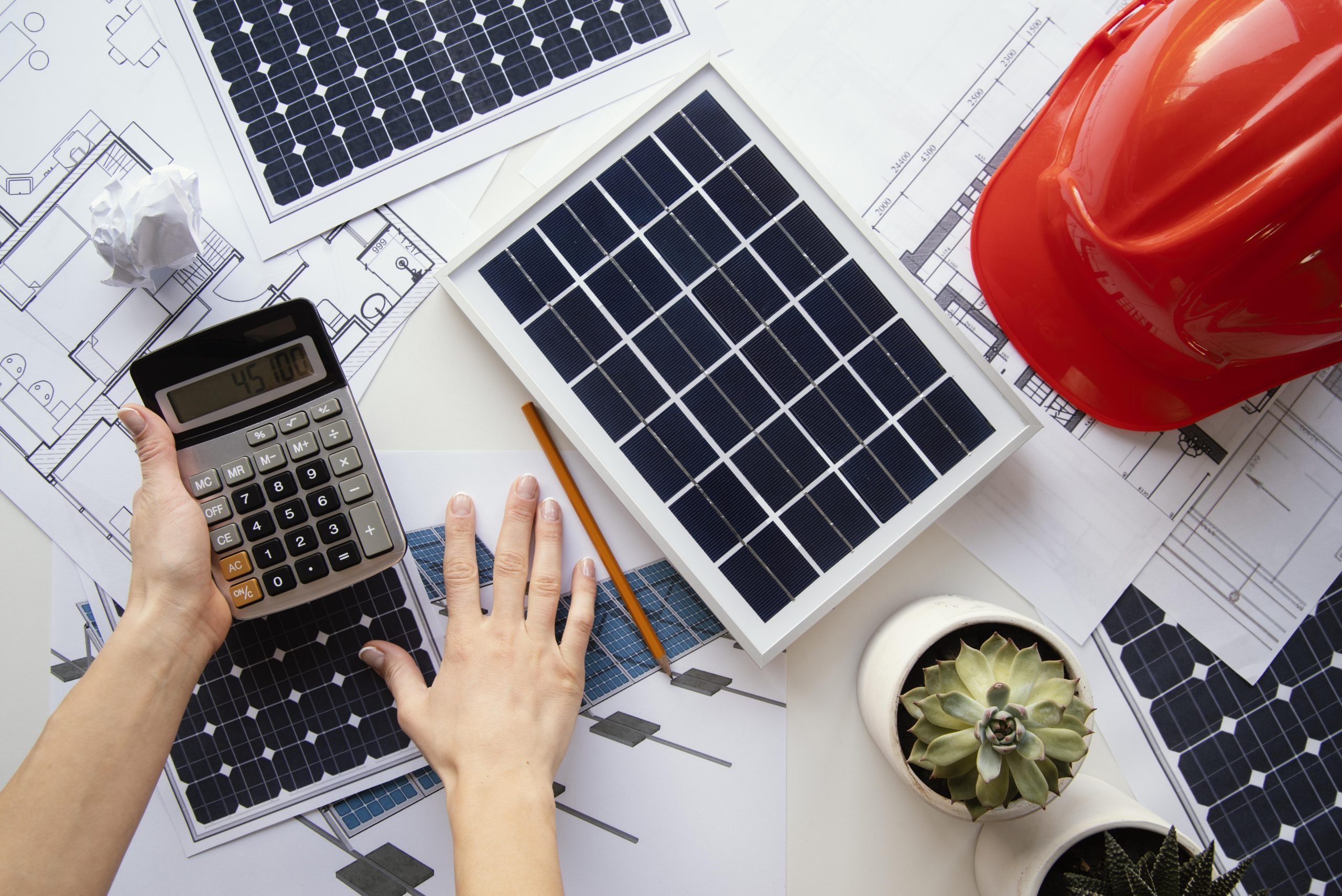
Which Solar Panel Is the Most Efficient for Business
The most efficient solar panel for a business will depend on a variety of factors, including the specific needs of the business, the location of the business, and the budget of the business. However, some of the most efficient solar panels currently available on the market include the following:
- SunPower X22: This panel has an efficiency of 22.8%, which is one of the highest efficiencies available for a commercial solar panel.
- LG NeON R: This panel has an efficiency of 22.4%, and it is designed to perform well in low-light conditions, making it a good option for businesses in areas with less sunlight.
- Jinko Solar Cheetah HC: This panel has an efficiency of 21.2%, and it is a good option for businesses that have limited space for solar panels, as it has a high power density.
- Canadian Solar: This panel has an efficiency of 20.5%, and it is designed to perform well in high-temperature conditions, making it a good option for businesses in hot climates.
- Trina Solar TALLMAX Plus: This panel has an efficiency of 20.4%, and it is designed to be durable and long-lasting, making it a good option for businesses that want a reliable solar panel.
It’s important to note that efficiency is not the only factor to consider when choosing a solar panel for a business. Other important factors include cost, warranty, and overall quality of the panel. It is also important to consult with a solar energy professional to determine the best solar panel solution for your specific business needs.
How Solar Panels Work
Solar panels, also known as photovoltaic (PV) cells, convert sunlight into electricity. They consist of a layer of semiconductor material, typically silicon, that is sandwiched between positive and negative layers. When sunlight strikes the panel, it causes a flow of electrons within the semiconductor material, generating a direct current (DC) of electricity.
The DC electricity is then sent through an inverter, which converts it into alternating current (AC) electricity. The AC electricity can then be used to power your businesses or be fed back into the grid. The process of converting sunlight into electricity is known as the photovoltaic effect. When sunlight, which is made up of photons, strikes the semiconductor material, it causes the electrons in the material to become excited and move around. This movement of electrons generates an electrical current.
It’s important to note that solar panels only produce electricity when they are exposed to sunlight, so they are typically combined with a battery storage system to ensure a consistent power supply even during periods of low sunlight, such as at night or on cloudy days.
Overall, solar panels are a clean and renewable source of energy that can help reduce dependence on fossil fuels and lower the overall environmental impact of electricity generation. They have a wide range of applications, from powering homes and businesses to providing electricity to remote areas without access to the traditional power grid.
Want to enjoy all the amazing perks of solar? Get in touch with us today to unlock a FREE of cost consultation session with the industry’s best engineers.
